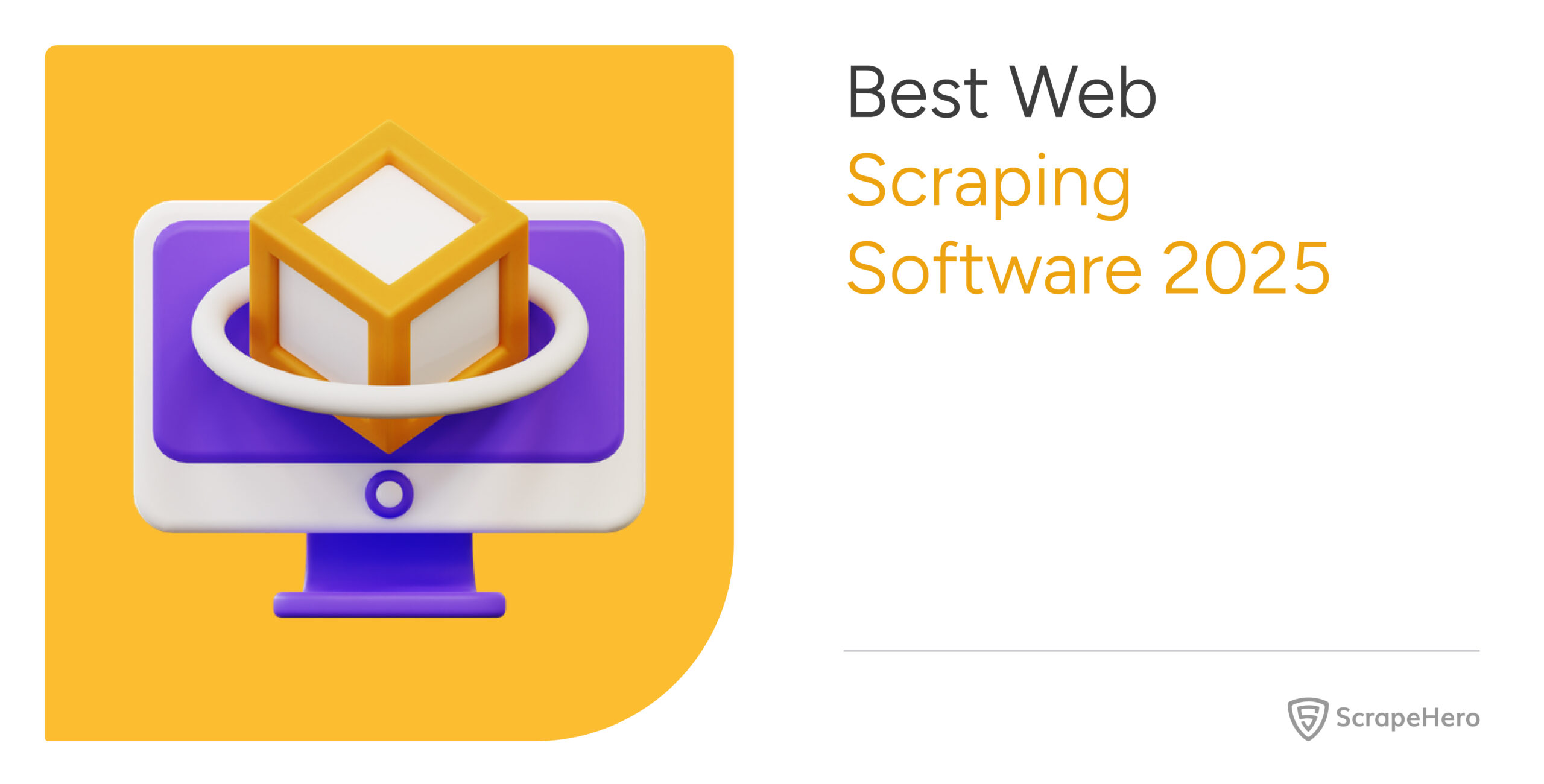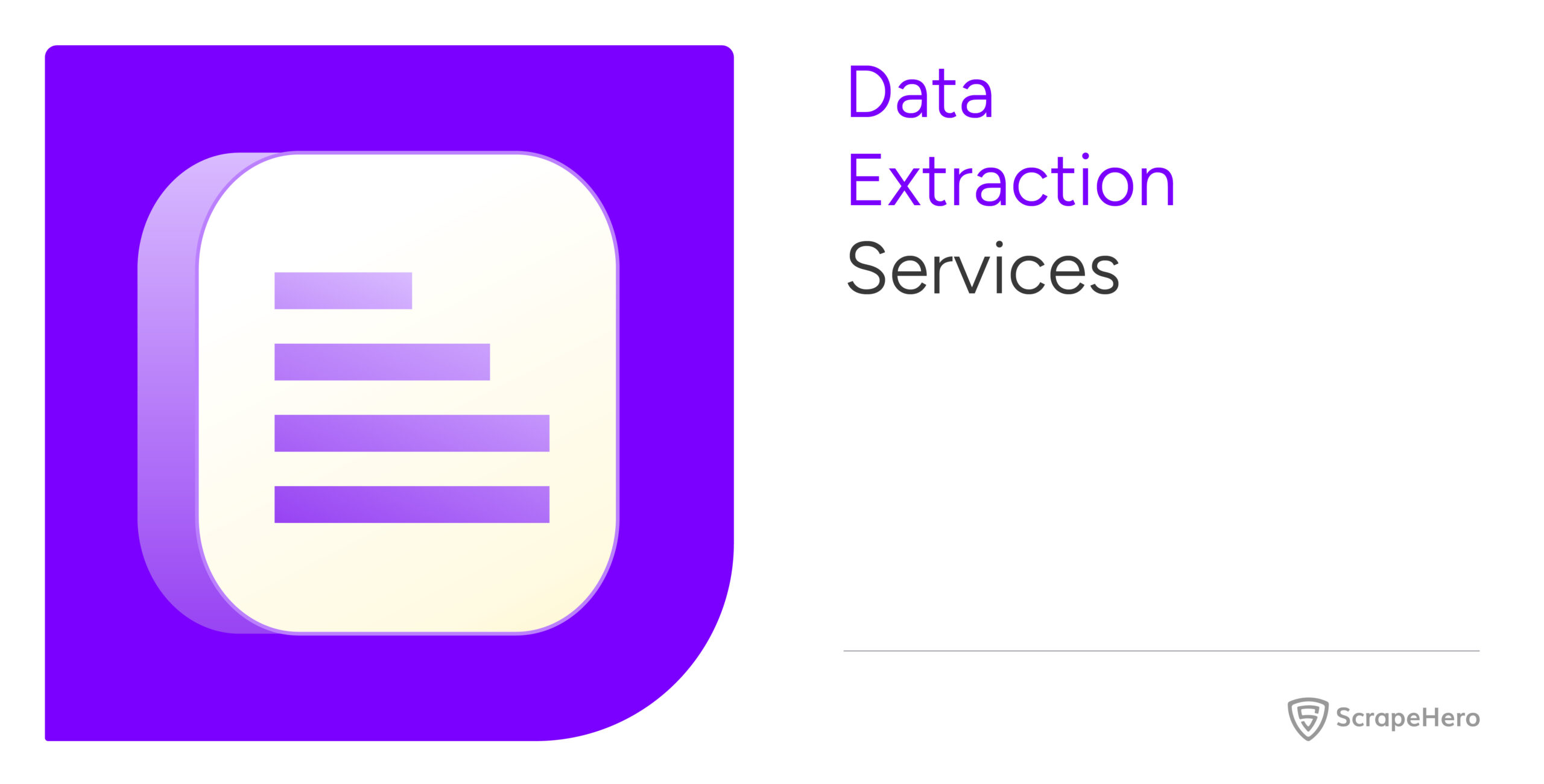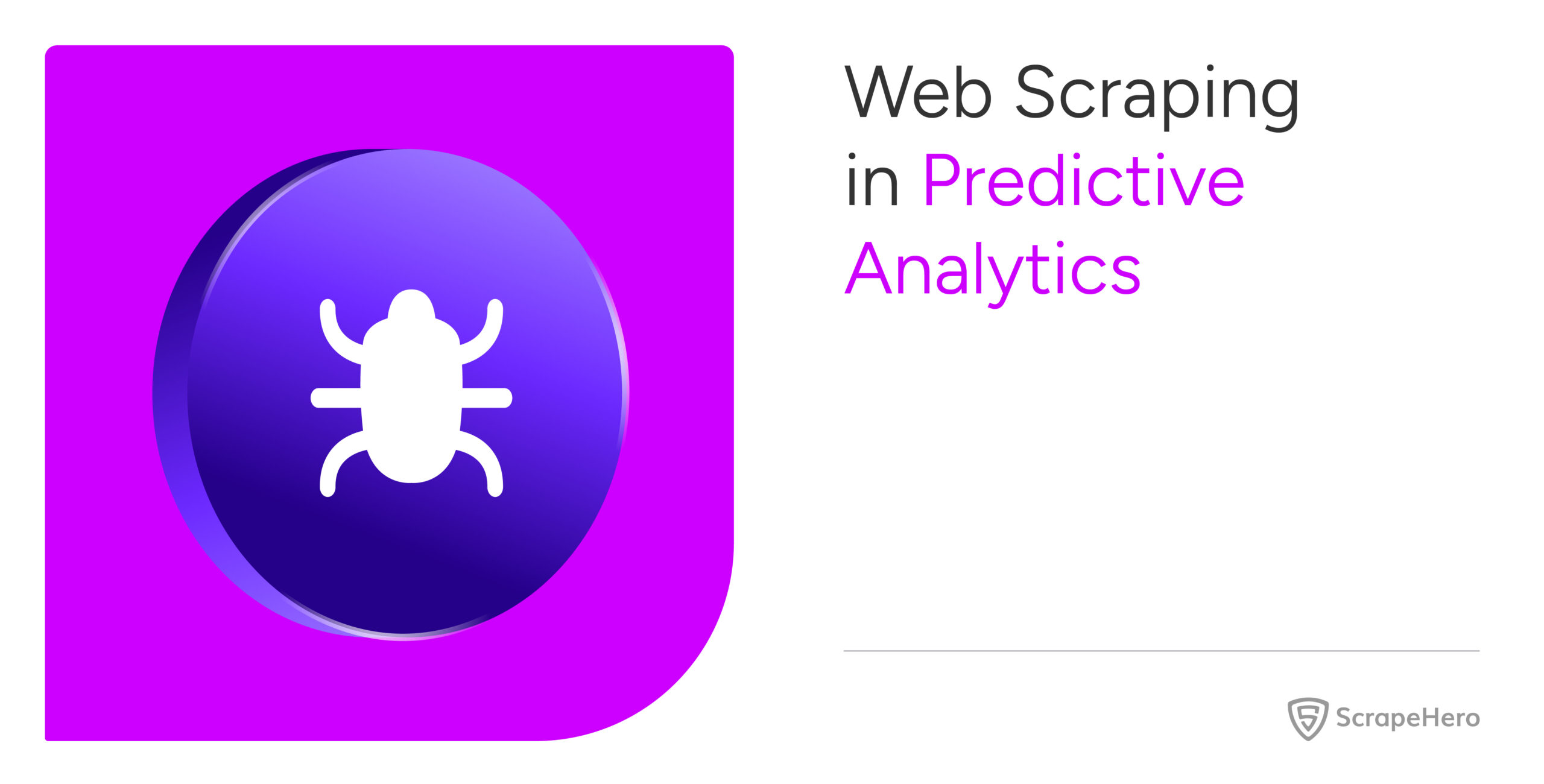Job boards bridge the gap between employers and job seekers by hosting job openings and facilitating applications from suitable candidates. By web scraping job postings, a vast array of job details from multiple sources can be compiled into one accessible spot.
The primary objective behind job board scraping is to gather information. This can range from job titles to locations to salaries from leading job boards like Monster, Glassdoor, or Indeed.
Job board scraping creates a rich and comprehensive job database that aids employers in finding suitable candidates. It also assists job seekers in discovering relevant opportunities, all consolidated within a single, easy-to-navigate platform.
In this article, we will discuss how to scrape job postings with different methods and how job scraping data can be groundbreaking for individuals and businesses looking to stay ahead in the job market.
What Data is Scraped From Job Portals?
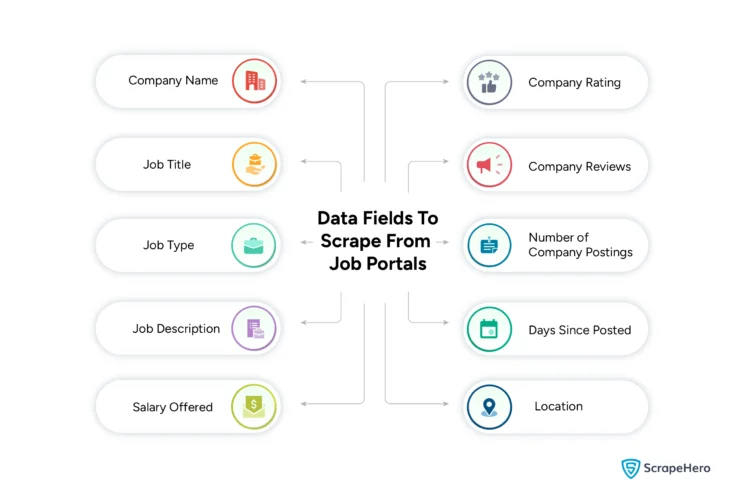
Web scraping job sites can yield various valuable information for various purposes, including market research, job matching, and competitive analysis.
Jobseekers, newer job boards, and competitors are able to access the job listing data they require from the leading platforms by web scraping job postings. Here are some data fields that are typically collected when scraping job sites, assuming compliance with legal and ethical standards.
- Company Name
- Job Title
- Job Type
- Job Description
- Salary Offered
- Company Rating
- Company Reviews
- Number of Company Postings
- Days Since Posted
- Location
Use Cases for Web Scraping Job Postings Data
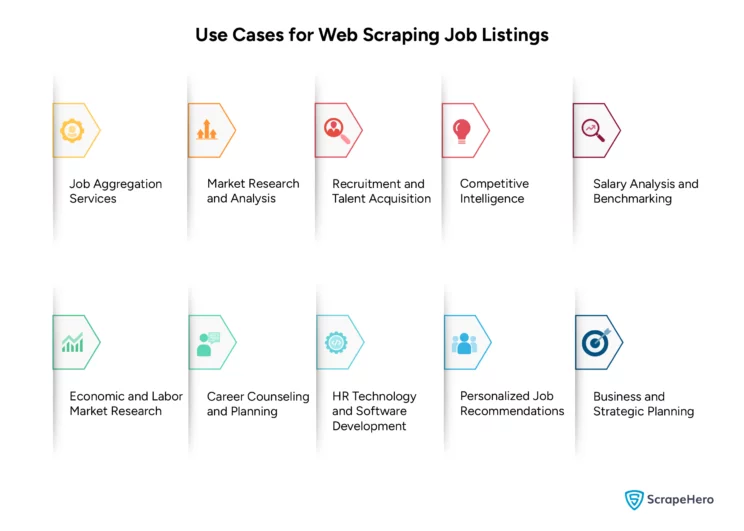
A person can gain a comprehensive understanding of several key aspects of the job market when the landscape of job opportunities through scraping job boards is analyzed. Also, scraping job listing data serves numerous practical applications across different industries and professions. Here are some key use cases:
-
Job Aggregation Services
Websites like Indeed or Glassdoor aggregate job listings from various job boards and company websites into a single platform. This, making makes it easier for job seekers to find suitable opportunities.
-
Market Research and Analysis
Research firms and analysts analyze trends in the job market. Later they provide insights or reports on in-demand skills, emerging job roles, salary benchmarks, and industry growth patterns.
-
Recruitment and Talent Acquisition
Recruitment agencies and HR departments can automate the search for potential candidates that match specific job requirements across the web.
-
Competitive Intelligence
Businesses can monitor competitors’ hiring activities, such as the roles they are filling and the qualifications they seek, to benchmark and strategize accordingly.
-
Salary Analysis and Benchmarking
HR consultants or businesses can gather data on salary offerings for various positions across different locations and industries for benchmarking and negotiation.
-
Economic and Labor Market Research
Researchers and policymakers can make use of the data for academic, governmental, or private research on labor market dynamics, economic forecasting, and policy development.
-
Career Counseling and Planning
Career counselors and advisors in educational institutions can guide job seekers and students by understanding the qualifications and skills in demand.
-
HR Technology and Software Development
The data can be used to enhance HR and recruitment software with real-time data on job postings, applicant tracking, and candidate matching.
-
Personalized Job Recommendations
Job search platforms can develop algorithms that can provide personalized job recommendations to users based on their skills, experience, and preferences.
-
Business and Strategic Planning
Businesses planning to enter new markets or industries can analyze the data and plan expansions, new ventures, or strategic shifts based on available or required competencies.
How to Scrape Job Postings
Web scraping job postings is an essential task for many businesses. It allows them to gather valuable data on job market trends, talent availability, and competitor hiring practices. This process can be approached through three main methods, each with its own set of challenges and requirements.
1. Developing Your Own Scraper
Scraping job postings data requires a significant level of coding knowledge and an understanding of web technologies. The pitfalls associated with creating a scraper are handling website structure changes and managing data extraction ethically. This approach requires continuous effort and a dedicated development team.
A considerable investment also has to be made in time, effort, and cost. If your business is not primarily focused on data analysis or lacks the necessary infrastructure, then this method is not an efficient choice.
2. Using Prebuilt Scrapers
Prebuilt scrapers are a more straightforward solution. For example, the ScrapeHero Glassdoor Scraper from ScrapeHero Cloud is a ready-to-use scraper that is designed to simplify web scraping job postings efficiently.
ScrapeHero Cloud Scrapers are easy-to-use, affordable, fast, and reliable, offering a no-code approach to users without extensive technical knowledge.
3. Engaging Scraping Services
For enterprises requiring large-scale data extraction, outsourcing to professional scraping service providers such as ScrapeHero is the most viable option. Service providers can handle the challenges of large-scale data scraping as they will have the necessary infrastructure for effortless web scraping.
Scraping services can provide a comprehensive solution, allotting sufficient time, effort, developer team involvement, and costs. Businesses not centered around data can choose services, as they will be handled by experts in the field.
Why Choose ScrapeHero?
ScrapeHero’s web scraping services can scrape job listings from job boards, creating custom scrapers and organized job data feeds for enterprises. We are adept at managing the legalities involved in data scraping.
We are a full-service provider and develop custom solutions with unmatched data quality and consistency, along with offering pre-built scrapers. Businesses can rely on ScrapeHero web scraping services to meet their data scraping needs effectively and efficiently.
Closing Thoughts
Web scraping job postings can provide invaluable data for analyzing job market trends, including job availability, sought-after skills, and salary benchmarks. However, scraping job sites is challenging when it comes to complex and dynamic website structures and anti-scraping measures implemented by websites.
A web scraping service provider like ScrapeHero can address these common scraping challenges ensuring legal and ethical compliance. We also offer scalable solutions that manage data volume efficiently, providing clean, structured, and relevant data tailored for specific needs.
Frequently Asked Questions
-
Can you scrape job postings?
Yes, you can. But for web scraping job postings, a website must be accessed programmatically to extract information about job postings. It requires a combination of web scraping tools and techniques.
-
What is data scraping in recruitment?
Data scraping in recruitment means web scraping job postings and collecting data related to candidate profiles, resumes, and so on from various job boards. It helps HR professionals streamline the recruitment process.
-
How does job scraping work?
In job scraping, HTTP requests using web scraping tools or scripts are made to the target website, followed by parsing HTML content. All the essential details are then extracted, cleaned, and stored in a structured format for easy access and analysis.
-
What are some job board scraping tools?
Python libraries such as Requests and BeautifulSoup, web browsers with automation capabilities like Selenium, or cloud-based scrapers such as ScrapeHero Glassdoor Scraper are some tools and technologies used for job scraping.
We can help with your data or automation needs
Turn the Internet into meaningful, structured and usable data




